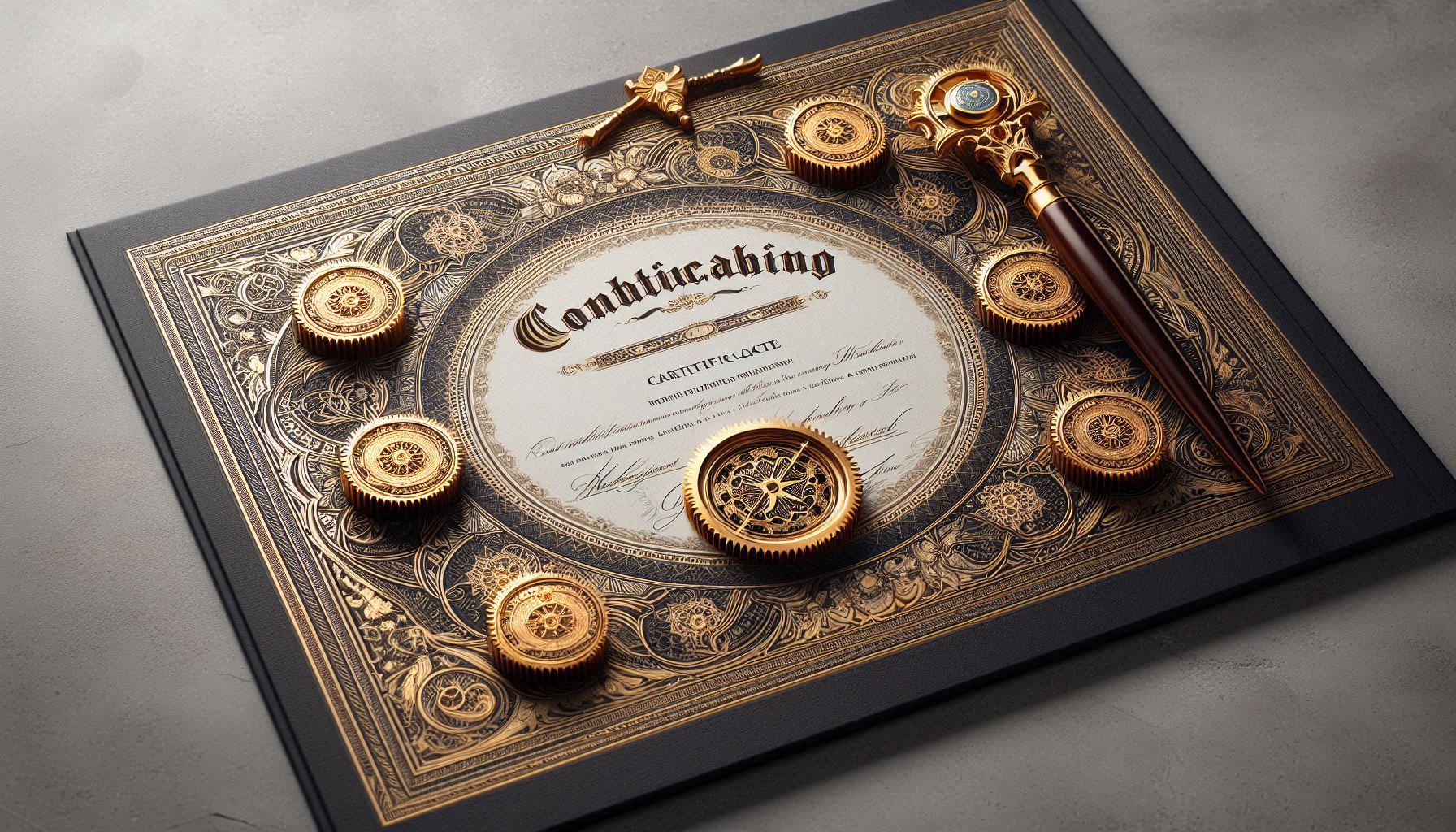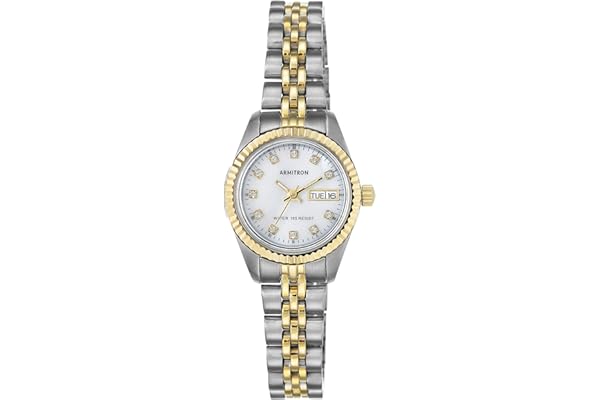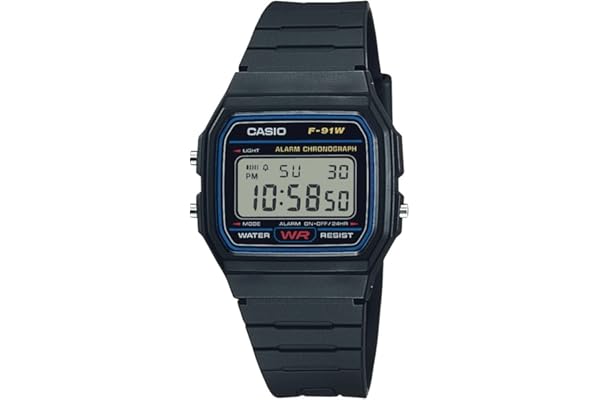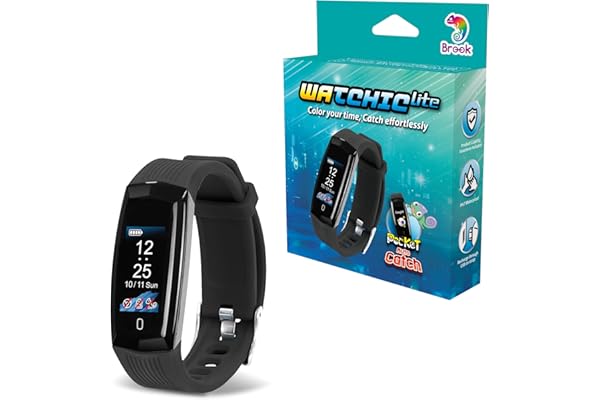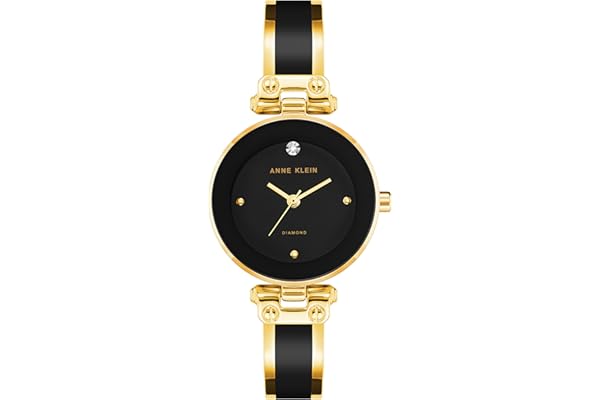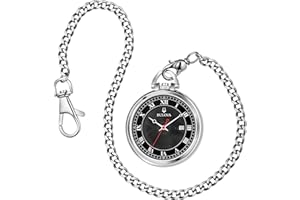Key Quality Certifications for Watches
Contents
Introduction to Watch Quality Certifications
In the world of horology, quality certifications play a crucial role in assuring consumers of the precision, durability, and overall excellence of a timepiece. These certifications are often awarded by independent organizations that rigorously test watches against stringent criteria. For watch enthusiasts and collectors, understanding these certifications can provide valuable insights into the quality and reliability of a watch.
One of the most renowned certifications in the watch industry is the COSC certification, which stands for the Contrôle Officiel Suisse des Chronomètres. This certification is a hallmark of precision and is awarded to Swiss watches that meet specific accuracy requirements. Watches that receive the COSC certification are often labeled as chronometers, indicating their superior timekeeping capabilities.
Beyond the COSC, there are several other certifications that are highly regarded in the watchmaking world. These include the Geneva Seal, the METAS certification, and the Qualité Fleurier. Each of these certifications has its own set of criteria and testing procedures, providing different assurances of quality and craftsmanship.
In this article, we will explore some of the most important watch quality certifications, delving into their history, the criteria they use, and the significance they hold in the industry. Whether you’re a seasoned collector or a novice watch enthusiast, understanding these certifications can enhance your appreciation of the intricate world of watches.
COSC Certification: The Benchmark for Precision
The COSC certification is perhaps the most widely recognized quality certification in the watch industry. Established in 1973, the Contrôle Officiel Suisse des Chronomètres is a Swiss non-profit organization dedicated to testing and certifying the precision of timepieces. To receive COSC certification, a watch movement must undergo rigorous testing over a period of 15 days, during which it is evaluated in five different positions and at three different temperatures.
To pass the COSC tests, a watch must demonstrate an average daily rate of -4/+6 seconds per day. This level of precision is significantly higher than that of standard watches, making COSC-certified chronometers highly sought after by enthusiasts who value accuracy. The testing process also includes assessments of the movement’s isochronism, or its ability to maintain consistent timekeeping regardless of external factors.
COSC certification is primarily awarded to mechanical movements, although quartz movements can also be certified. However, due to the inherent precision of quartz technology, the criteria for quartz movements are even more stringent. This makes COSC-certified quartz watches rare and highly regarded in the industry.
Brands such as Rolex, Omega, and Breitling are known for their commitment to COSC certification, with a significant portion of their production lines dedicated to producing chronometers. For these brands, the COSC certification is not just a mark of quality but also a testament to their dedication to precision and excellence in watchmaking.
The Geneva Seal: A Symbol of Craftsmanship and Heritage
The Geneva Seal, also known as the Poinçon de Genève, is a prestigious certification that signifies exceptional craftsmanship and adherence to the highest standards of watchmaking. Established in 1886, the Geneva Seal is awarded by the Canton of Geneva to watches that meet specific criteria related to the movement’s finishing, assembly, and origin.
To qualify for the Geneva Seal, a watch must be assembled and regulated within the Canton of Geneva, ensuring that it is a true product of the region’s rich horological heritage. The certification process evaluates the movement’s components, including the bridges, mainplate, and screws, to ensure they meet the strict requirements for finishing and decoration.
The Geneva Seal is not just a mark of technical excellence but also an indication of the watch’s aesthetic beauty. The meticulous finishing of the movement components is a testament to the watchmaker’s skill and dedication to their craft. As such, watches bearing the Geneva Seal are often considered works of art as much as they are timekeeping instruments.
Brands such as Patek Philippe and Vacheron Constantin are renowned for their Geneva Seal-certified watches, which embody the pinnacle of Swiss watchmaking artistry. For collectors and connoisseurs, the Geneva Seal represents a commitment to tradition, quality, and the enduring legacy of Geneva’s watchmaking industry.
METAS Certification: Redefining Precision with Omega
In recent years, the METAS certification has emerged as a new standard of quality in the watch industry, thanks to the efforts of Omega. The Swiss Federal Institute of Metrology (METAS) partnered with Omega to establish a certification process that goes beyond the traditional COSC tests, setting new benchmarks for precision, magnetic resistance, and performance.
The METAS certification process involves a series of eight rigorous tests conducted over ten days. These tests evaluate the watch’s performance in real-world conditions, including its resistance to magnetic fields of up to 15,000 gauss, its water resistance, and its power reserve. The certification also assesses the watch’s precision, ensuring it meets or exceeds the standards set by COSC.
One of the key innovations of the METAS certification is its focus on magnetic resistance, a critical factor in modern watchmaking. With the prevalence of magnetic fields in everyday life, from electronic devices to security systems, a watch’s ability to maintain accurate timekeeping in the presence of magnetic interference is more important than ever.
Omega’s Master Chronometer watches, which have undergone METAS certification, are a testament to the brand’s commitment to pushing the boundaries of watchmaking technology. By setting new standards for precision and performance, Omega has positioned itself as a leader in the industry, offering watches that combine traditional craftsmanship with cutting-edge innovation.
Fleurier Quality Foundation: A Holistic Approach to Watch Excellence
The Fleurier Quality Foundation, established in 2001, offers a unique certification that encompasses a holistic approach to watch quality. Unlike other certifications that focus solely on precision or craftsmanship, the Fleurier Quality Foundation evaluates watches based on a comprehensive set of criteria that includes precision, reliability, aesthetics, and durability.
To receive the Fleurier Quality Foundation certification, a watch must undergo a series of tests, including the Chronofiable test, which simulates the wear and tear of daily use over several months, and the Fleuritest, which evaluates the watch’s performance on a proprietary testing machine that mimics real-world wrist movements.
The certification process also includes assessments of the watch’s finishing and decoration, ensuring that it meets the highest standards of craftsmanship. The Fleurier Quality Foundation certification is a mark of distinction, awarded only to watches that excel in every aspect of quality and performance.
Brands such as Chopard, Bovet, and Parmigiani Fleurier are known for their Fleurier Quality Foundation-certified watches, which reflect their dedication to excellence and innovation in watchmaking. For collectors and enthusiasts, the Fleurier Quality Foundation certification represents a commitment to the highest standards of quality, offering a guarantee of superior performance and craftsmanship.
